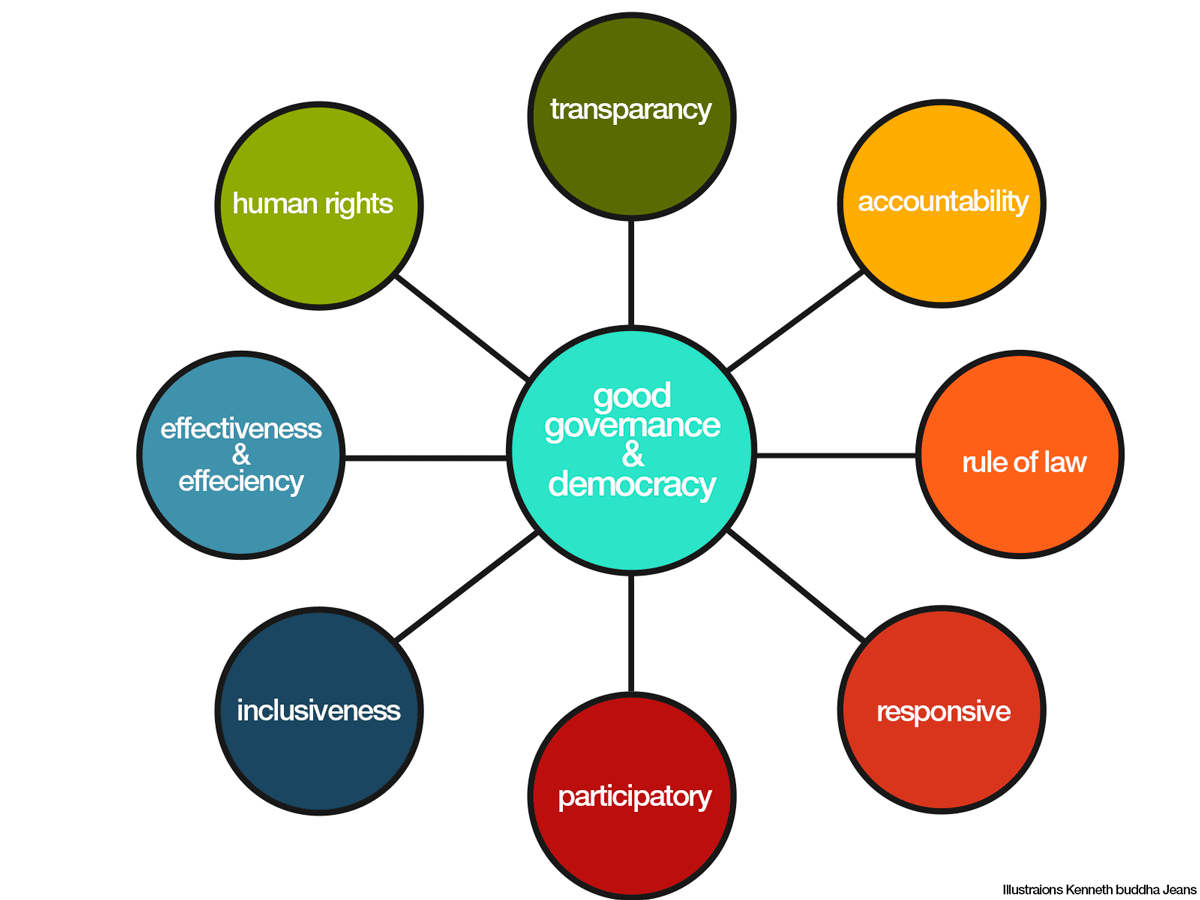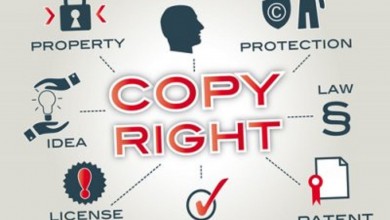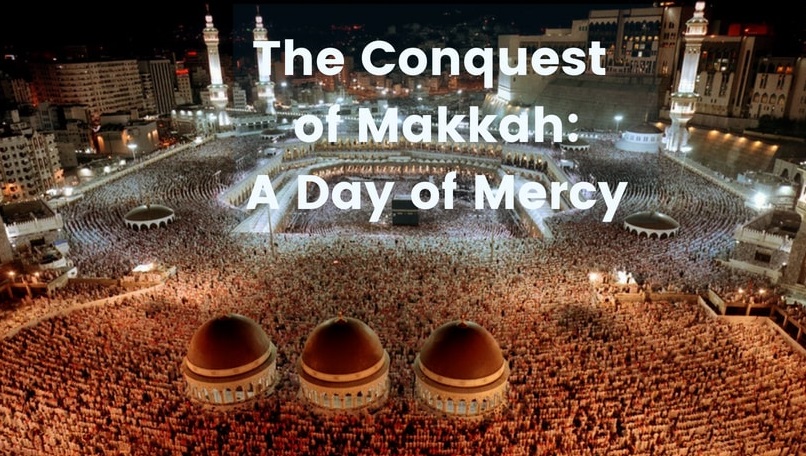What is good governance

Overview
What is good governance
There is no single and exhaustive definition of “good governance,” nor is there a delimitation of its scope, that commands universal acceptance. The term is used with great flexibility; this is an advantage, but also a source of some difficulty at the operational level. Depending on the context and the overriding objective sought, good governance has been said at various times to encompass: full respect of human rights, the rule of law, effective participation, multi-actor partnerships, political pluralism, transparent and accountable processes and institutions, an efficient and effective public sector, legitimacy, access to knowledge, information and education, political empowerment of people, equity, sustainability, and attitudes and values that foster responsibility, solidarity and tolerance.
However, there is a significant degree of consensus that good governance relates to political and institutional processes and outcomes that are deemed necessary to achieve the goals of development. It has been said that good governance is the process whereby public institutions conduct public affairs, manage public resources and guarantee the realization of human rights in a manner essentially free of abuse and corruption, and with due regard for the rule of law. The true test of “good” governance is the degree to which it delivers on the promise of human rights: civil, cultural, economic, political and social rights. The key question is: are the institutions of governance effectively guaranteeing the right to health, adequate housing, sufficient food, quality education, fair justice and personal security?
Key attributes of good governance
The concept of good governance has been clarified by the work of the former Commission on Human Rights. In its resolution 2000/64, the Commission identified the key attributes of good governance:
- transparency
- responsibility
- accountability
- participation
- responsiveness (to the needs of the people)
By linking good governance to sustainable human development, emphasizing principles such as accountability, participation and the enjoyment of human rights, and rejecting prescriptive approaches to development assistance, the resolution stands as an implicit endorsement of the rights-based approach to development.
Resolution 2000/64 expressly linked good governance to an enabling environment conducive to the enjoyment of human rights and “prompting growth and sustainable human development.” In underscoring the importance of development cooperation for securing good governance in countries in need of external support, the resolution recognized the value of partnership approaches to development cooperation and the inappropriateness of prescriptive approaches.
How are good governance and human rights linked?
Good governance and human rights are mutually reinforcing. Human rights principles provide a set of values to guide the work of governments and other political and social actors. They also provide a set of performance standards against which these actors can be held accountable. Moreover, human rights principles inform the content of good governance efforts: they may inform the development of legislative frameworks, policies, programmes, budgetary allocations and other measures.
On the other hand, without good governance, human rights cannot be respected and protected in a sustainable manner. The implementation of human rights relies on a conducive and enabling environment. This includes appropriate legal frameworks and institutions as well as political, managerial and administrative processes responsible for responding to the rights and needs of the population.
The links between good governance and human rights can be organized around four areas:
- Democratic institutions
When led by human rights values, good governance reforms of democratic institutionscreate avenues for the public to participate in policymaking either throughformal institutions or informal consultations. They also establish mechanisms forthe inclusion of multiple social groups in decision-making processes, especiallylocally. Finally, they may encourage civil society and local communities to formulateand express their positions on issues of importance to them.
- Service delivery
In the realm of delivering state services to the public, good governance reforms advance human rights when they improve the state’s capacity to fulfil its responsibility to provide public goods which are essential for the protection of a number of human rights, such as the right to education, health and food. Reform initiatives may include mechanisms of accountability and transparency, culturally sensitive policy tools to ensure that services are accessible and acceptable to all, and paths for public participation in decision-making.
- Rule of law
When it comes to the rule of law, human rights-sensitive good governance initiatives reform legislation and assist institutions ranging from penal systems to courts and parliaments to better implement that legislation. Good governance initiatives may include advocacy for legal reform, public awareness-raising on the national and international legal framework, and capacity-building or reform of institutions.
- Anti-Corruption
In fighting corruption, good governance efforts rely on principles such as accountability, transparency and participation to shape anti-corruption measures. Initiatives may include establishing institutions such as anti-corruption commissions, creating mechanisms of information sharing, and monitoring governments’ use of public funds and implementation of policies.
Good governance, human rights and development
The interconnection between good governance, human rights and sustainable development has been made directly or indirectly by the international community in a number of declarations and other global conference documents. For example, the Declaration on the Right to Development proclaims that every human person and all peoples “are entitled to participate in, contribute to, and enjoy economic, social, cultural and political development” (article 1). In the Millennium Declaration, world leaders affirmed their commitment to promote democracy and strengthen the rule of law as well as to respect internationally recognized human rights and fundamental freedoms, including the right to development. According to the United Nations strategy document on the millennium development goals (MDGs), entitled “The United Nations and the MDGs: a Core Strategy’, “the MDGs have to be situated within the broader norms and standards of the Millennium Declaration,” including those on “human rights, democracy and good governance.”
The concept of good governance in the main international human rights instruments
From a human rights perspective, the concept of good governance can be linked to principles and rights set out in the main international human rights instruments. Article 21 of the Universal Declaration of Human Rights recognizes the importance of a participatory government and article 28 states that everyone is entitled to a social and international order in which the rights and freedoms set forth in the Declaration can be fully realized. The two International Covenants on Human Rights contain language that is more specific about the duties and role of governments in securing the respect for and realization of all human rights. Article 2 of the International Covenant on Civil and Political Rights requires states parties to respect and to ensure the rights recognized in the Covenant and to take the necessary steps to give effect to those rights. In particular, states should provide an effective remedy to individuals when their rights are violated, and provide a fair and effective judicial or administrative mechanism for the determination of individual rights or the violation thereof. Under the International Covenant on Economic, Social and Cultural Rights, states are obliged to take steps with a view to achieving progressively the full realization of the rights recognized in the Covenant by all appropriate means.
The human rights treaty monitoring bodies have given some attention to the different elements of good governance. In general comment No. 12, on the right to food, the Committee on Economic, Social and Cultural Rights stated that “Good governance is essential to the realization of all human rights, including the elimination of poverty and ensuring a satisfactory livelihood for all.” The Committee on the Rights of the Child has on several occasions addressed the issue of governments’ capacity to coordinate policies for the benefit of the child and the issue of decentralization of services and policy-making. It has also addressed corruption as a major obstacle to the achievement of the Convention’s objectives. The Human Rights Committee generally addresses issues related to the provision of adequate remedies, due process and fair trial in the context of the administration of justice in each state. It regularly emphasizes the importance of independent and competent judges for the adequate protection of the rights set forth in the Convention.






